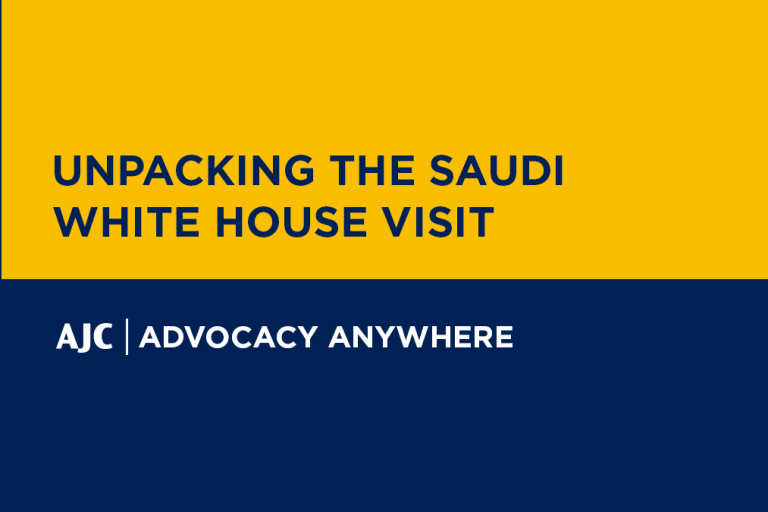January 9, 2015
As the 114th Congress begins and President Obama enters the final years of his presidency, the opportunity to marshal our political will to pass immigration reform should not be squandered.
Whatever the merits, the President's executive action to defer certain classes of deportations emerged from a sense of frustration over Congress' failure to pass comprehensive immigration reform legislation. Ongoing dithering in Washington burdens the millions who live within the shadows of our society, seeking employment to pay rent and feed their families, send their children to schools and become active members of American society at large.
The previous Congress made some progress, with the U.S. Senate in 2013 passing, with strong bipartisan support, an historic bill that set the stage for a complete overhaul of America's broken immigration system. But the House did not adopt a companion bill.
Commitment among our own political leadership, essential to achieving substantive immigration reform, is only one piece of the equation.
Immigration transcends both domestic and foreign policy challenges, so it is critically important to understand why and how immigrants continue to strive to come, often at great personal risk, as well as the government policies in the countries they are fleeing. Concerned governments should take responsibility for their roles and cooperate at the highest levels.
In this regard, it was highly significant that El Salvador, Guatemala and Honduras recently announced, at the Inter-American Development Bank (IADB) in Washington, D.C., together with the U.S., the creation of a joint initiative, the Alliance for Prosperity in the Northern Triangle. The alliance aims to provide greater economic opportunities, enhance security and improve governance, and make public institutions more transparent and accountable in each of the three Central American countries. This initiative can potentially curtail the emigration flow, which today exceeds the number of Mexicans crossing the U.S. border. Due to high crime and poverty, almost one in 10 citizens of El Salvador, Guatemala and Honduras has emigrated, mostly to the U.S., according to the IADB.
"Our countries are linked by family, friendship, by trade, by simple geography," said Vice President Joe Biden at the Alliance launch.
The triangle development plan follows upon the spike over the summer in the number of undocumented minors coming into the U.S., more than 54,000, the latest manifestation of a ceaseless flow of migrants seeking to enter the U.S. through its southern border. The large numbers of minors reflects a new level of desperation. What parents would knowingly send their kids on such an unknown, risky journey? And though media and others labeled them unaccompanied, they surely were not alone, but handled by "coyotes" and other shady agents.
Diplomats, policy experts, scholars, journalists, activists and government officials have come together with the American Jewish Committee and the Baker Institute at Rice University in Houston this week to discuss not only the critical need for immigration reform but also the shared responsibility for developing and implementing effective policies.
Indecision is harmful and unproductive. Washington must not hesitate further in passing comprehensive immigration reform legislation that creates a pathway to citizenship for the undocumented, provides opportunities for them to succeed and reunite with family members left behind. At the same time, the U.S. should deepen cooperation with Latin American allies to improve their own economies and security to convince those contemplating emigration to instead stay put.
With political will, this can be the year of immigration reform.
Dina Siegel Vann is director of the American Jewish Committee's Arthur and Rochelle Belfer Institute for Latino and Latin American Affairs.



